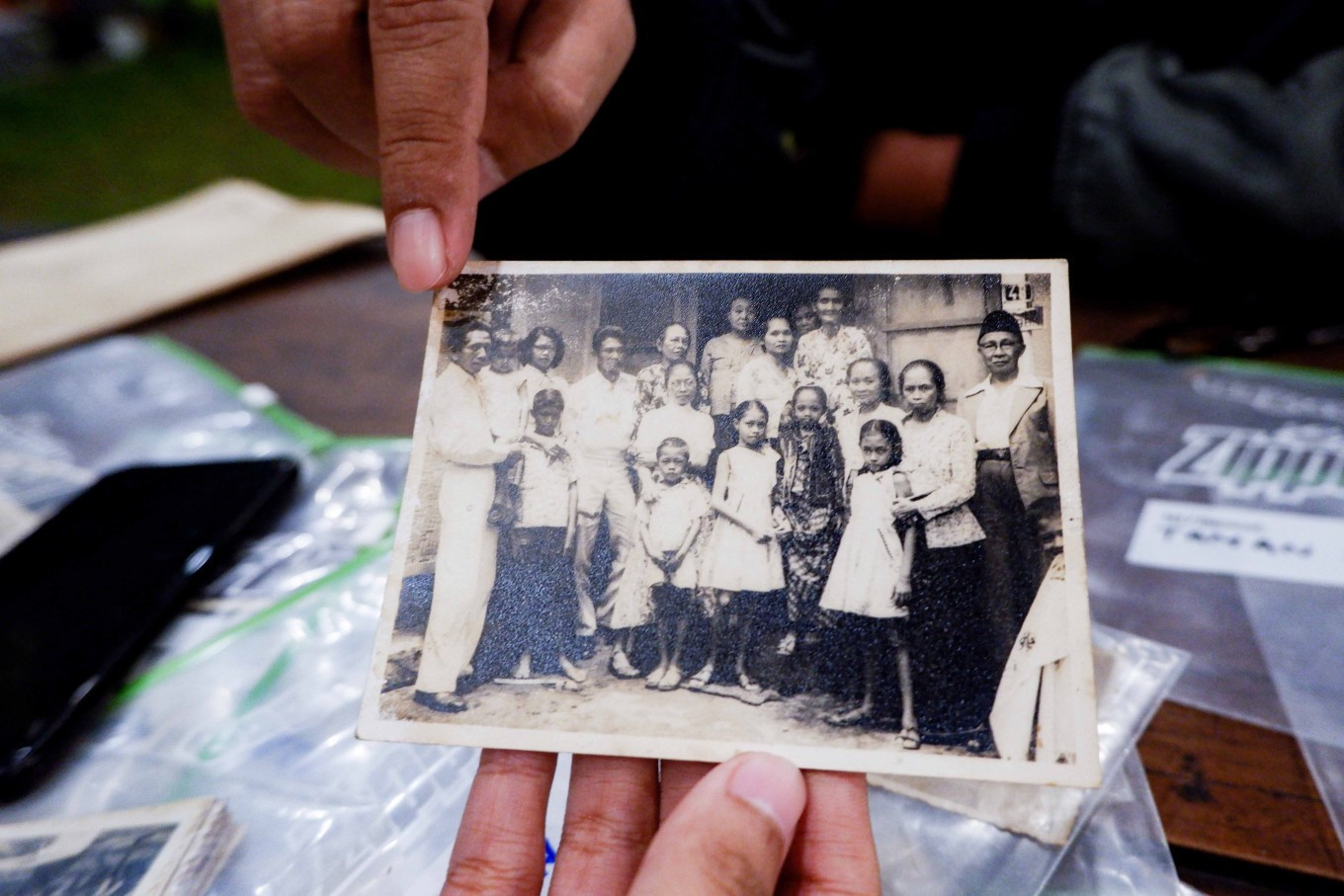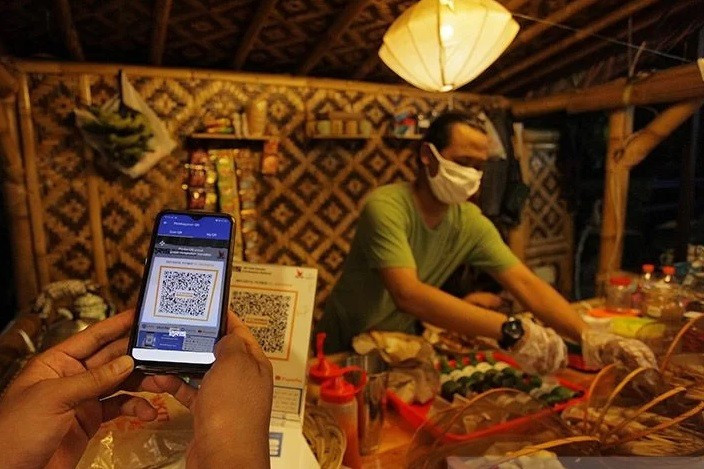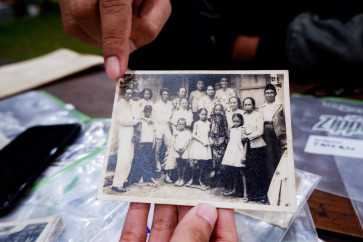Popular Reads
Top Results
Can't find what you're looking for?
View all search resultsPopular Reads
Top Results
Can't find what you're looking for?
View all search resultsAnalysis: Fadli Zon leads the nation to collective amnesia
Change text size
Gift Premium Articles
to Anyone
C
ulture Minister Fadli Zon's recent denial of mass rapes during the May 1998 riots has rightly sparked outrage, highlighting the need for accountability from state officials. The Culture Ministry is currently preparing an "official" Indonesian history book, aiming to rewrite the nation's past in a more "positive" light for Indonesia’s 80th independence anniversary.
Beyond denying the 1998 mass rapes, Fadli staunchly opposes revisiting the Sept. 30, 1965, (G30S) events and the subsequent massacre. He asserts, "Let’s not distort history […] The Indonesian Communist Party [PKI] did indeed want to take over power from the state at the time. Where’s the controversy? There is no controversy."
The official state narrative portrays G30S as a failed coup by the PKI, involving the killing of six Army generals. This event led to the fall of Sukarno’s Old Order and the rise of Soeharto’s 32-year authoritarian New Order regime.
However, scholars like the late Cornell University professor Ben Anderson have challenged the PKI's involvement, suggesting the generals' deaths resulted from internal squabbling within the Army. Regardless of the PKI's exact role, the ensuing massacre by the New Order regime, enacted to avenge the generals, remains a dark and taboo chapter in Indonesian history.
In his ascent to power, anti-communist Soeharto systematically eradicated anything perceived as communist. He mobilized the Army and pro-New Order masses to indiscriminately target suspected communists or sympathizers. This period saw widespread mass killings, torture, and the false imprisonment of many accused of PKI ties, who were sent to the Buru Island penal colony for forced labor without fair legal processes.
The exact death toll from these events remains disputed, with no official figure to date. Historians estimate the deaths range from tens of thousands to over 1 million. Notably, former Army general Sarwo Edhie Wibowo, a New Order loyalist tasked with purging the PKI, once claimed to have killed 3 million "communists" during the 1965-1966 purge.
Despite the controversy, past administrations have shown willingness to address these historical injustices. Indonesia's fourth president, Abdurrahman “Gus Dur” Wahid, openly sympathized with the victims and apologized for the state-sanctioned killings of 1965-1966. He even controversially attempted to revoke the 1966 Provisional People's Consultative Assembly (MPRS) decree banning the PKI and Marxism-Leninism, though he ultimately failed due to widespread political opposition.



















